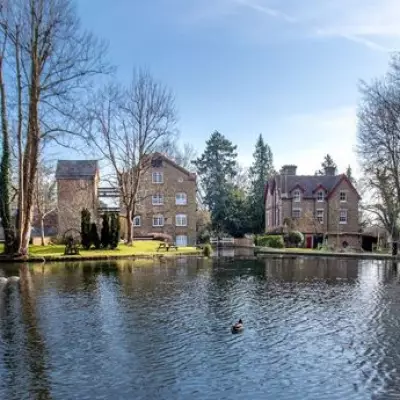
While much of Britain grapples with economic uncertainty, London's property market is experiencing an unprecedented investment surge that's leaving other regions trailing far behind.
The Capital's Investment Gold Rush
Fresh analysis reveals that Londoners are pouring capital into property at nearly double the rate of investors in other major UK cities. This investment frenzy is creating a two-tier property landscape, with the capital pulling away from the rest of the country.
The data shows a remarkable 47% increase in property investment activity among London-based buyers compared to just 28% growth in regional markets. This divergence is creating what economists are calling a 'property wealth gap' that could have long-term consequences for the UK economy.
What's Driving London's Investment Boom?
Several factors are contributing to this investment divide:
- Stronger economic recovery: London's job market and business activity have rebounded more quickly post-pandemic
- International appeal: The capital continues to attract global investment despite Brexit uncertainties
- Rental demand: Record numbers of young professionals and students are driving rental yields higher
- Infrastructure investment: Major projects like Crossrail and Thameslink are boosting property values
The Regional Reality Check
Meanwhile, property markets in cities like Manchester, Birmingham and Glasgow are showing signs of cooling. Higher mortgage costs and economic pressures are making buyers more cautious outside the capital.
Experts warn this growing disparity could exacerbate regional inequalities and make it increasingly difficult for first-time buyers to enter the market in prosperous areas.
Future Outlook: A Divided Nation?
The trend shows no immediate signs of reversing. With London's economy expected to continue outperforming other regions, the property investment gap may widen further in the coming years.
This raises important questions about balanced regional development and whether government policies need to address this growing divide in property wealth across the United Kingdom.





